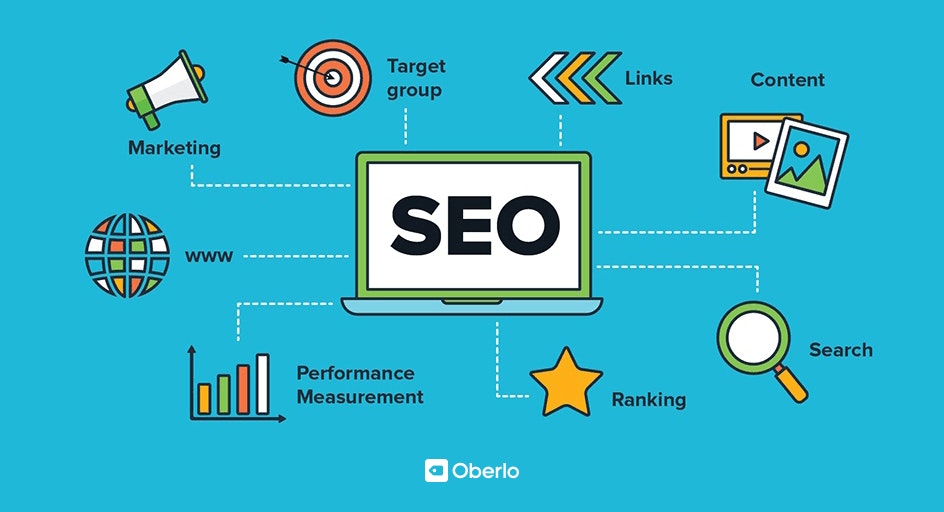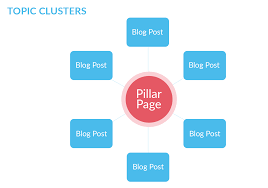
First, define your SEO goals. Next, define your KPIs. The objective of an SEO strategy should be in alignment with the macro-objectives of the brand. It can increase brand awareness or position your site in the first position on Google. Setting KPIs helps you define your goals and KPIs. You can measure authority by measuring domain authority and site authority. These metrics are used to assess the effectiveness of your SEO strategy.
Off-page Search Engine Optimization
Off-page strategies can help you get your business listed within hundreds of authoritative directories. These directories include Google My Business and Yahoo Local as well as Superpages, Superpages and CrunchBase. These directories can help with SEO link-building and will give your business more exposure in search engines. It will also boost your trust among users. There are many ways to get you website listed.
Local SEO
A Google My Business Page is essential for local SEO. Include text, images, and links to your website. Google is an excellent way to get new leads. Learn these three tips to help you create a Google My Business Page. Then implement them to improve your local SEO results. Here are three key strategies to improve your local search engine optimization.

Voice search
Voice search is a great way to get the best SEO results. Your website's authority can be significantly improved by having voice search results listed in the top three positions of SERPs. You can optimize content for voice-search to attract more traffic and converts. Conduit, a digital marketing company, can provide expert assistance. Avoid long-winded content as users are more likely to ask for information in whole sentences than in lengthy ones.
KPIs
Determining your KPIs is key to effective SEO strategies. Your SEO efforts will be successful if you use customer-oriented metrics. They are often confused with SEO, but they are completely different terms. We'll be discussing the differences between KPIs (kilograms per inch) and SEO. You'll be able to understand SEO and its workings by the end of this article.
Tools
Search engine optimization (SEO), a rapidly changing field, is essential for maintaining relevance to your website. These tools can help you assess the health of the website and identify any issues or opportunities that could hinder your ability to achieve high search engine placement. Here are some of these most useful tools for SEO professionals. Each of these tools has a particular purpose. You should know how to properly use them to maximize your success.

FAQ
What Do I Need To Know About Backlinks?
Backlinks refer to links linking to a webpage from another site. They are one of the most powerful tools used by search engines to determine where a web page belongs in the search results. They are particularly helpful as they demonstrate that someone else believes that your content has value. A lot of quality backlinks is necessary if you want your content to rank high in search engine results.
Why SEO strategy is important?
Search engine optimization (SEO), is a way to get more people to visit your website via Google.
Search engines such Google, Yahoo!!, Bing and others keep information about websites on servers called crawlers. These crawlers transmit this data back the company's central repository. This allows them to index pages for searching purposes.
Your website will be found higher in search results. This means that more people will click on the link to visit your site. You won't be seen in these searches.
It is important to rank high in search engines. This will ensure your site is noticed. You can achieve this by using two methods: organic and paid advertising.
Paid Advertising – Paid advertising is when companies pay per click to have their ads appear higher than other sites in search results. These ads can be banner ads or text ads.
Natural Organic Links - Natural organic links are those where you have built an excellent site over time and earned your industry's trust. Over time, links are built naturally through guest posting, commenting on other sites, and so forth.
You must continually invest in both types of marketing to stay ahead of your competition.
How do I start SEO?
SEO can be started in many different ways. The first step in SEO is to identify keywords you'd like rank for. This process is called "keyword analysis." Next, you'll need to optimize each website page for those keywords.
Optimizing a website involves adding keywords, descriptions, meta tags, unique page URLs, and linking with other websites. After optimization is completed, your website will be submitted to search engines such Google, Yahoo! and Bing.
You'll also need to keep track of your progress over time to know if you're succeeding or failing.
How long does SEO take you to build traffic?
Usually, it takes between 3-4 months to generate traffic through SEO. However, it depends on a lot of different variables, which include:
-
Your site's content quality
-
Backlinks
-
Targeted keywords
-
Competitor rankings etc.
SEMrush offers a free trial for those who are new to SEO. They offer a powerful platform that will let you monitor all aspects your SEO campaign. This includes competitor research, backlink profile analysis, top pages, local listings and organic traffic stats.
Is it worth paying for backlink services?
Backlink services can be used to advertise companies by buying links to their site. These links can be placed by other websites in order to bring visitors to their site. They can be purchased using either cash or a credit card.
What is a PPC advertisement?
Pay-per-click ads are text-based advertisements that appear at the top or bottom of a page.
These advertisements are extremely targeted, meaning advertisers only pay when someone clicks on them.
PPC advertising looks very similar to pay per call advertising, which will be discussed more later.
Statistics
- A 62.60% organic traffic boost to that page: (backlinko.com)
- Sean isn't alone… Blogger James Pearson recently axed hundreds of blog posts from his site… and his organic traffic increased by 30%: (backlinko.com)
- 64% of marketers actively create SEO campaigns because they help hit multiple key performance indicators (KPIs), including increasing traffic, helping your site rank for relevant keywords, improving your conversion rate, and much more. (semrush.com)
- These guides are designed and coded 100% from scratch using WordPress. (backlinko.com)
- Deleting those 10k pages is one of the main reasons that he improved his site's organic traffic by nearly 90%: (backlinko.com)
External Links
How To
How to make a keyword plan
Keyword research is an integral part of any SEO campaign. It helps to determine what people search for using search engines like Google, Bing, and others. You can then create content around those keywords. This information will allow you to create high-quality content that is relevant to specific topics.
Keywords should appear naturally within the text of each page. They shouldn't be placed at the bottom of pages or in awkward places. Instead, choose words that best describe the topic and place them where it makes sense. You might write, "dog grooming" in place of "dogs", "groom", and "grooming" when you're writing about dogs. This makes it easier to read and understand.
It is better not to use keywords too much. You'll need to invest time in creating high-quality content for keywords. You might end up spending too much time on low-quality content which doesn't appeal to visitors. Backlinks should be kept to a minimum. However, you shouldn't ignore links completely because they still provide value to websites when used correctly. Links can improve your website's authority and rank.
It's especially useful to link to other websites that cover similar topics. You can increase your chances to appear higher in search engine results by linking to product reviews blogs.
This means you'll get more organic traffic from searches relating to your niche. You can maximize your potential by joining forums to promote you site. The community members there will likely mention your site in return.